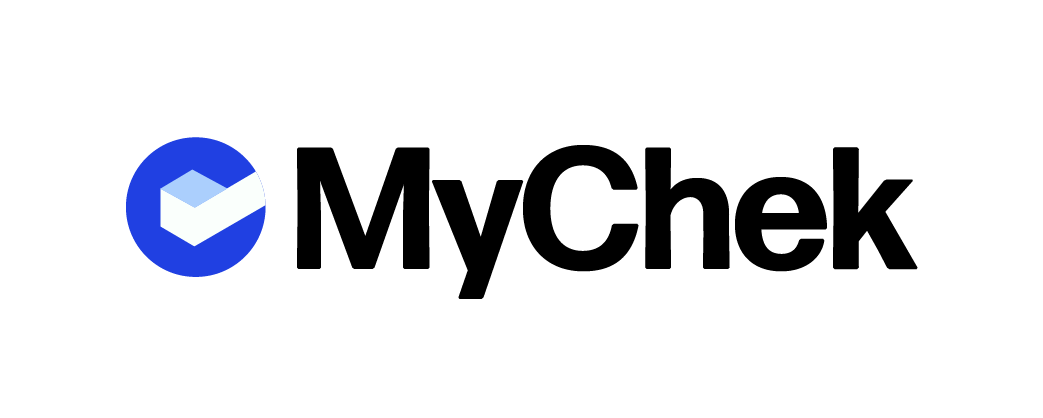Form I-130
If you're looking to bring a family member to the U.S. to live with you permanently, Form I-130, Petition for Alien Relative, is your first step. This form is used to establish the existence of a qualifying family relationship between you, the petitioner, and your relative, the beneficiary. By filing this form, you're essentially telling U.S. Citizenship and Immigration Services (USCIS) that you want to sponsor your family member for a green card. It’s a crucial part of reuniting families and making sure your loved ones can join you in the U.S. permanently.
What is Form I-130?
Form I-130, Petition for Alien Relative, is used by U.S. citizens and lawful permanent residents to sponsor certain family members for immigration to the United States. It helps establish the relationship between the petitioner and the beneficiary.
How long does it take for Form I-130 to be approved?
The processing time for Form I-130 can vary, but it generally takes anywhere from 6 to 12 months. Times can be longer depending on the specific USCIS office handling your petition and their current workload.
What is the difference between I-130 and I-130A?
Form I-130 is used to petition for an alien relative, while Form I-130A is a supplemental information form required for the spouse beneficiary. The I-130A provides additional biographical information about the spouse.
How much does Form I-130 cost?
The filing fee for Form I-130 is $535. This fee must be paid at the time you submit your petition to USCIS. Always check the USCIS website for the most up-to-date fee information.
What documents are needed after the I-130 is approved?
Once your I-130 is approved, you'll need several documents for the next steps, including:
Approval notice from USCIS
Your relative’s birth certificate
Proof of your U.S. citizenship or lawful permanent residence
Affidavit of Support (Form I-864)
Any additional documents requested by the National Visa Center (NVC)
What's next after I-130 is approved?
After I-130 approval, the case is forwarded to the National Visa Center (NVC) for further processing. The NVC will assign a case number and provide instructions for submitting additional documents and fees. Then, your relative will be scheduled for an interview at the U.S. embassy or consulate in their home country.
Does I-130 require an interview?
The I-130 petition itself does not typically require an interview, but the beneficiary will need to attend an interview at a U.S. embassy or consulate as part of the visa application process.
Can my spouse stay in the US while I-130 is processed?
If your spouse is already in the U.S. on a valid visa, they may be able to stay while the I-130 is processed. They might also be eligible to apply for adjustment of status to become a permanent resident without leaving the country.
Can an I-130 be denied?
Yes, an I-130 can be denied for several reasons, such as insufficient evidence of a genuine relationship, incomplete application, or if the petitioner does not meet the eligibility requirements. It's important to prepare your application and provide all required documentation carefully.
What is the income requirement for I-130 petition?
To sponsor a relative, the petitioner must meet certain income requirements, typically at least 125% of the Federal Poverty Guidelines. This ensures that the petitioner can financially support the beneficiary and prevent them from becoming a public charge.
What is the minimum income to sponsor an immigrant?
The minimum income for a household of two (including the petitioner and the immigrant) is generally around $22,887 per year, but this amount increases with each additional household member. Always refer to the latest Federal Poverty Guidelines for the most accurate figures.
Do I need a lawyer to file for I-130?
While you don't need a lawyer to file Form I-130, having one can be very helpful, especially if your case is complex or if you have any concerns about eligibility. An immigration attorney can guide you through the process and help ensure your petition is complete and accurate.
I hope this clears up some of the basics about Form I-130! If you have more questions or need further assistance, feel free to reach out. Good luck with your petition!



